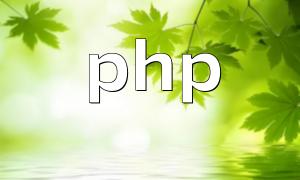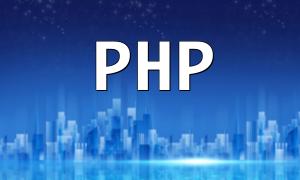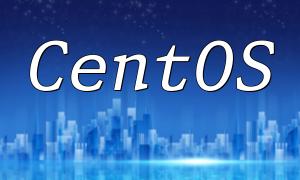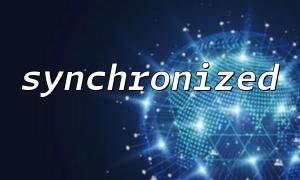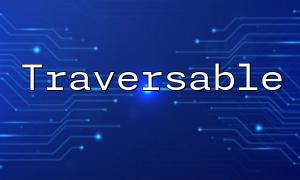In modern web development, the combination of PHP and JSON has become a key solution for efficient data processing. This article will delve into how these two technologies can be leveraged to make data transfer and processing in applications faster and more efficient.
JSON (JavaScript Object Notation) is a lightweight data interchange format that is easy for humans to read and write, and easy for machines to parse and generate. Due to its simplicity, JSON is increasingly used for data exchange between the front-end and back-end, especially when combined with PHP.
PHP is a server-side scripting language, while JSON is a data format. By encoding data in JSON format, PHP can easily transmit data to the client and seamlessly integrate with front-end languages like JavaScript.
In PHP, we can use built-in functions to handle JSON data. The commonly used functions are json_encode() and json_decode(). The former is used to convert PHP arrays or objects into JSON format, while the latter is used to parse JSON strings into PHP arrays or objects.
Here is an example of using json_encode() to convert an array into JSON format:
$data = array(
"name" => "John",
"age" => 30,
"city" => "New York"
);
$json_data = json_encode($data);
echo $json_data; // Output: {"name":"John","age":30,"city":"New York"}
We can also use json_decode() to parse a JSON string into a PHP array, as shown in the example below:
$json_string = '{"name":"John","age":30,"city":"New York"}';
$data_array = json_decode($json_string, true);
print_r($data_array); // Output: Array ( [name] => John [age] => 30 [city] => New York )
The integration of PHP and JSON brings many benefits to developers. Here are some of the main advantages:
While the combination of PHP and JSON offers efficient data handling, there are several considerations to optimize performance:
Optimize the data structure to transmit only necessary information and avoid sending redundant data.
Implementing data caching can significantly improve access speed and reduce the database load on each request.
Using technologies like AJAX for asynchronous data requests can enhance the user experience and prevent page reloads.
In conclusion, the combination of PHP and JSON provides developers with an efficient solution for data processing. By properly using PHP's built-in functions, we can easily perform data encoding and decoding, and further optimize and improve performance. Mastering these technologies not only helps developers handle data better but also delivers a smoother experience for users.
